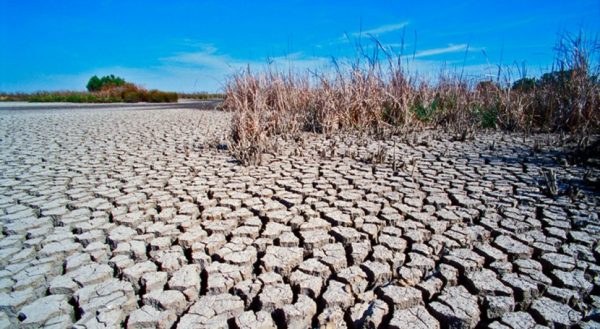The World Food Programme (WFP) projects that at least 30% of smallholder farmers in the Southern African Development Community (SADC) are at risk of reduced yields due to climate hazards.
According to a WFP report titled “Climate Change in Southern Africa”, focusing on agricultural production and closing yield gaps to increase food security may not be as effective as improving market access and trade connectivity.
Smallholders are the backbone of the region’s food supply, generating 90% of total agricultural output. The paper further indicates that Southern Africa epitomises the link between climate and the water–energy–food nexus, as multiple challenges collide across a diverse socioeconomic spectrum. Agriculture’s contribution to regional GDP is now 17 percent in SADC, but 75% of the land is now classified as arid or semi-arid. Agriculture is estimated to consume 70% of renewable water resources in the region.
Spatial interdependence
“The nexus between the agricultural and water resources exists largely due to the high spatial interdependence of many of the countries in the region. For instance, multiple river basins and aquifers span regional and national boundaries. This requires international water and sanitation agreements and the integration of climate variability into water framework policies,” the report says.
The report notes that negative impacts from climate change are also expected on livestock production systems due to reduced pastures and direct heat stress on animals. Heat stress is the major climate hazard for both crops and livestock in Southern Africa. WFP regional director for Southern Africa, Lola Castro, said the recurrent impacts of climate change were contributing to food insecurity, with between 40 and 51 million people projected to be food insecure in the region.
“In recent years, we have seen prolonged droughts, such as in Madagascar or Angola. The devastating floods that have been taking place due to cyclones and locusts in Namibia and Zambia have affected the food security and nutrition of millions of people in this region. We need to adapt to climate change on a massive scale and provide innovative solutions and technologies to match the needs that are out there,” said Castro.









